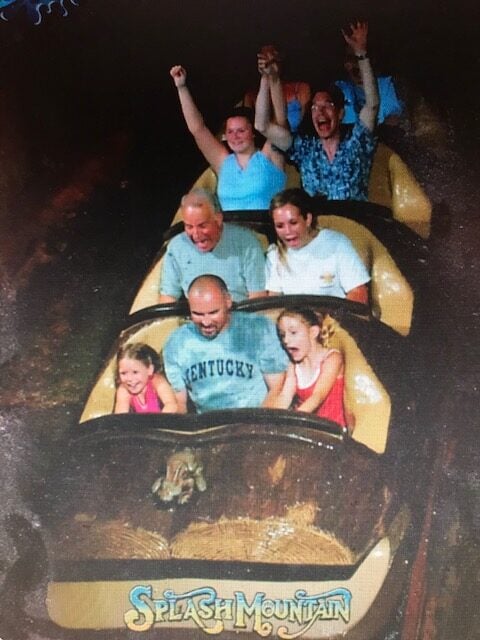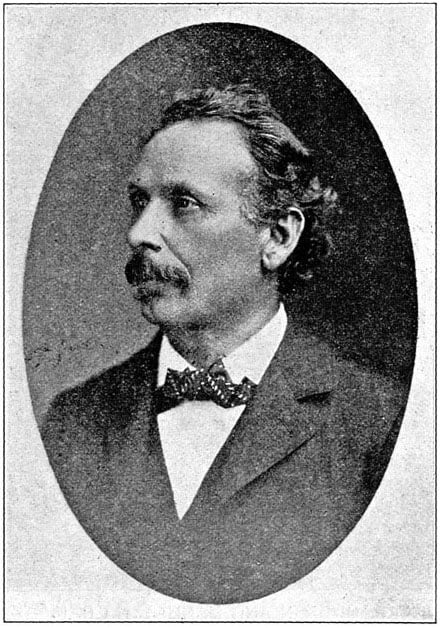By Russ Brown
Special to NKyTribune
LOUISVILLE — Fifth-year transfers Damion Lee and Trey Lewis have made a tremendous impact on the current University of Louisville basketball team and coach Rick Pitino has mentioned that he would like to get another fifth-year player in the future the equal of one of those two.
But some Division I coaches aren’t as enthralled with the fifth-year transfer rule as Pitino and a movement might be afoot to try and pressure the NCAA to abolish it. So Lee and Lewis could conceivably be the final UofL players in that category.
The rule falls under the NCAA’s transfer exceptions and waivers and under the subheading of “Graduate Exception” as a one-time transfer exception. Among the criteria is that the student must have graduated with at least a bachelor’s degree; must have at least one season of competition left; and that the previous school did not renew his or her athletic scholarship or offer a scholarship for the following academic year. (The latter requirement is generally not an issue, though. The scholarship does not need to be cancelled before the transfer or be the reason for the transfer).

The rule was originally intended to be a reward for players who graduated, but over time has transformed into a recruiting tool for major college programs looking for an immediate influx of talent and experience to overcome temporary shortcomings, just as Pitino did with Lee and Lewis.
The graduate transfer waiver is now typically used by athletes who have previously transferred once before and so can’t use the one-time transfer exception even as a grad student.
However, that wasn’t the case with Lee, who played his entire career at Drexel and enrolled at UofL after completing his degree in general humanities and social science last June. He had another year of eligibility remaining because he suffered a knee injury that forced him to miss all but the first five games of the 2013-14 season.
Lewis was more typical. He played his freshman season at Penn State before starting the last two years at Cleveland State, where he graduated in communication management last May. And he was apparently looking for greener pastures, wanting a taste of big-time hoops. He had gotten a preview of life as a Cardinal when Cleveland State played in the KFC Yum! Center last season, losing to UofL 45-33 despite Lewis’ 24 points.
“I’ll be playing for a legendary coach, Rick Pitino, and in font of the greatest fans in the nation,” Lewis told the media when he announced his decision after also considering UConn, Ohio State, Texas and Xavier.
Pitino brought up the subject on his radio show Tuesday night, saying he had heard that Duke coach Mike Krzyzewski was critical of the fifth-year rule in a TV interview.
“I heard Coach K say the other night that he doesn’t like it, he doesn’t think it’s right,” Pitino said. “And I don’t think it’s right to have one and dones either, so let’s keep it the way it is. I won’t knock your one and dones, don’t knock my one and dones.”
However, Krzyzewski isn’t the only coach who has expressed concern about the rule. Lewis’ former coach at Cleveland State, Gary Waters, is among those who think the rule should be overturned or amended.
“We addressed this at the head coaches meeting at the Final Four,” Waters told the Cleveland Plain Dealer. “This is just bad business, all the way around. I got to the Final Four and ran into 10 other coaches who had lost key players, immediate impact players, in their programs. That is a lot to lose in one hit.
“And you can’t blame it all on the kid. Behind the scenes, AAU coaches, high school coaches, even parents, are basically recruiting these kids out all over again. Something has to be done about this, sooner than later.”
Waters was understandably miffed about Lewis’ departure because he was counting on him — as the Vikings’ most experienced guard and leading scorer — to be the linchpin of this year’s team.
Of course, it’s the mid-major programs like Cleveland State and others conferences similar to the Mid-American that are damaged the most by the rule.
Cleveland State’s last NCAA Tournament team in 2009 had three fifth-year players, and the only MAC team to make the Elite Eight, Kent State in 2002, had three fifth-year players.
“This affects a lot of people, a whole lot,” says Kent State coach Rob Senderoff. “It goes from the individual player involved, his teammates, the academic and administrative people who have invested their time, and then the assistant coaches and head coaches who could very well have their careers negatively impacted. I don’t like it for the game of college basketball.”
According to a list of transfers for this season compiled by ESPN.com, of the 700 Division I transfers, 70 — or 10 percent — are fifth-year players who took advantage of the graduate rule.
Jim Haney, executive director for the National Association of Basketball Coaches, says that organization is looking to eventually change the rule, possibly as soon as next season.
“The data shows most of those fifth-year players are moving up,” Haney told the Plain Dealer. “Those programs doing a good job helping their kids toward a degree, to see that student-athlete graduate and leave is a tough deal for those institutions.”
Meanwhile, the rule has been a savior for UofL this season. Lee, a 6-foot-6 swingman, is the Cards’ leading scorer at 19.1 points per game and Lewis, a 6-2 guard, is next at 14.1. They have also combined for 26 of the team’s 42 3-pointers and are playing the most minutes.
UofL (6-1), ranked No. 22 in this week’s AP poll and 19th by the coaches, will meet Eastern Michigan (6-3) at 2 p.m. Saturday in the KFC Yum! Center.

















